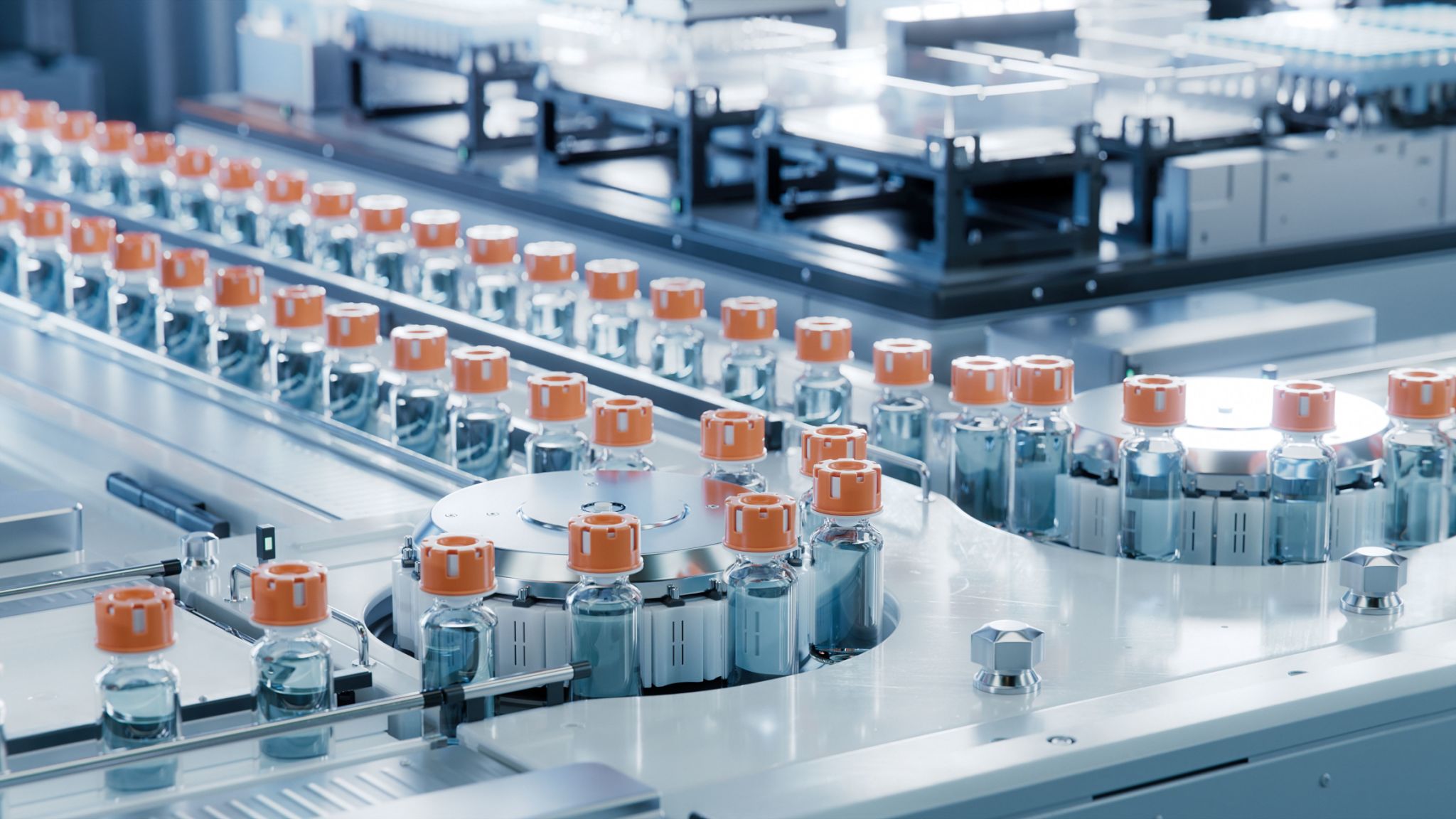The Role of Smooth Muscle Organoids in Personalized Medicine
Introduction to Smooth Muscle Organoids
In the rapidly evolving field of personalized medicine, smooth muscle organoids are emerging as groundbreaking tools. These lab-grown, simplified versions of smooth muscle tissues are providing researchers with new insights into human biology and disease treatment. By mimicking the structure and function of natural smooth muscle tissues, organoids can be used to test drug responses and understand disease mechanisms in a controlled environment.
Personalized medicine aims to tailor medical treatment to the individual characteristics of each patient. Smooth muscle organoids are at the forefront of this movement, offering unprecedented opportunities for patient-specific research and therapy development. Their ability to replicate human tissue responses accurately makes them invaluable in predicting how different patients might respond to various treatments.

Creating Smooth Muscle Organoids
The creation of smooth muscle organoids involves cultivating stem cells in a three-dimensional environment that encourages them to develop into smooth muscle tissue. This process requires precise conditions and nutrients to ensure successful development. The resulting organoids can mimic the physiological properties of smooth muscle, such as contraction and relaxation, providing a dynamic model for study.
Researchers use various types of stem cells, including pluripotent stem cells and adult stem cells, to generate these organoids. The choice of stem cell type can influence the characteristics of the resulting organoid, making it crucial to select the appropriate source for specific research needs.
The Impact on Drug Testing
Smooth muscle organoids are revolutionizing drug testing by offering a more accurate reflection of human responses compared to traditional animal models. These organoids can be used to assess the efficacy and safety of new drugs, reducing the reliance on animal testing and speeding up the drug development process. This has significant implications for developing treatments for conditions involving smooth muscles, such as asthma, hypertension, and gastrointestinal disorders.

Furthermore, smooth muscle organoids enable high-throughput screening of potential drug candidates, allowing researchers to identify promising compounds more efficiently. This capability is crucial for personalized medicine, where treatments must be tailored to individual genetic and physiological profiles.
Applications in Disease Modeling
Beyond drug testing, smooth muscle organoids are invaluable tools for disease modeling. By incorporating patient-derived cells, researchers can create organoids that closely mimic the diseased state of an individual. This allows for a deeper understanding of disease progression and the identification of novel therapeutic targets.
For instance, in diseases like Crohn's disease or irritable bowel syndrome, smooth muscle organoids can be used to study the underlying mechanisms and test potential treatments in a personalized manner. This approach holds promise for improving patient outcomes by providing insights into how specific therapies might perform in real-world scenarios.

The Future of Smooth Muscle Organoids in Medicine
The potential applications of smooth muscle organoids in personalized medicine are vast and continually expanding. As research advances, these organoids are expected to play an increasingly prominent role in developing therapies for a wide range of conditions. By providing a bridge between the lab and clinical settings, they offer hope for more effective and individualized treatments.
Challenges remain, such as standardizing the production of organoids and ensuring their reproducibility across different laboratories. However, ongoing advancements in bioengineering and stem cell technology are likely to address these issues, paving the way for smoother integration into clinical practice.
Conclusion
Smooth muscle organoids represent a significant leap forward in personalized medicine. Their ability to model human tissue responses accurately allows for more precise drug testing and disease modeling, ultimately leading to better patient care. As research continues to unlock their full potential, these organoids are set to transform how we approach medical treatment on an individual level.